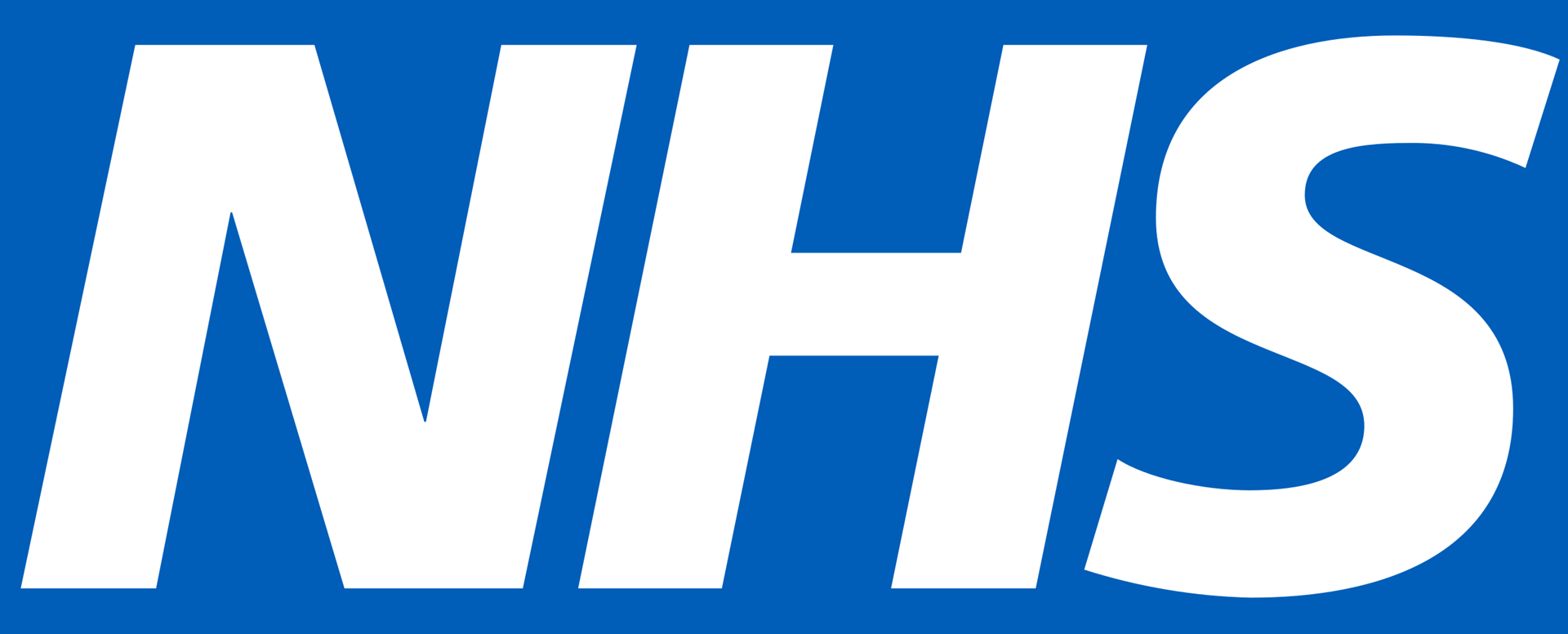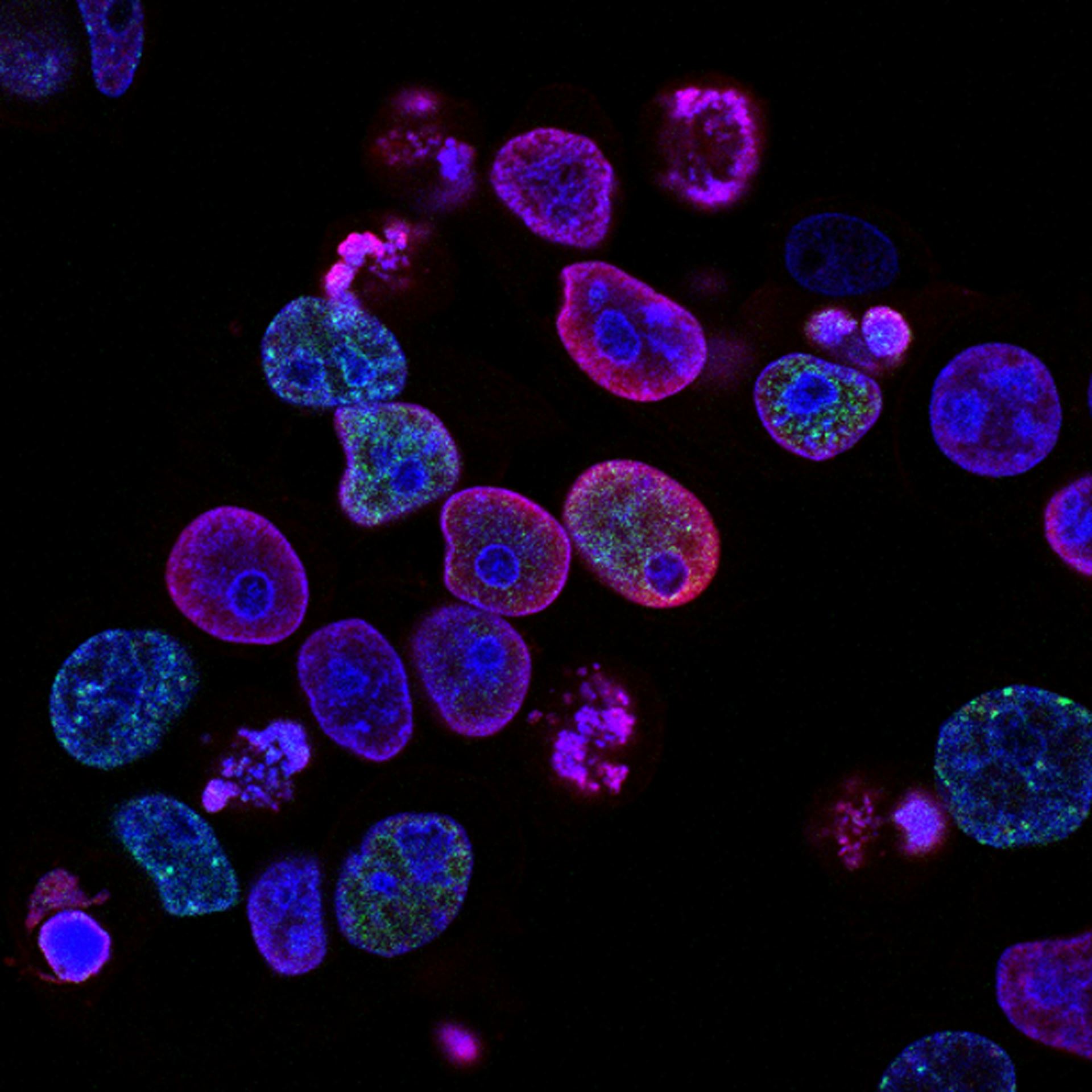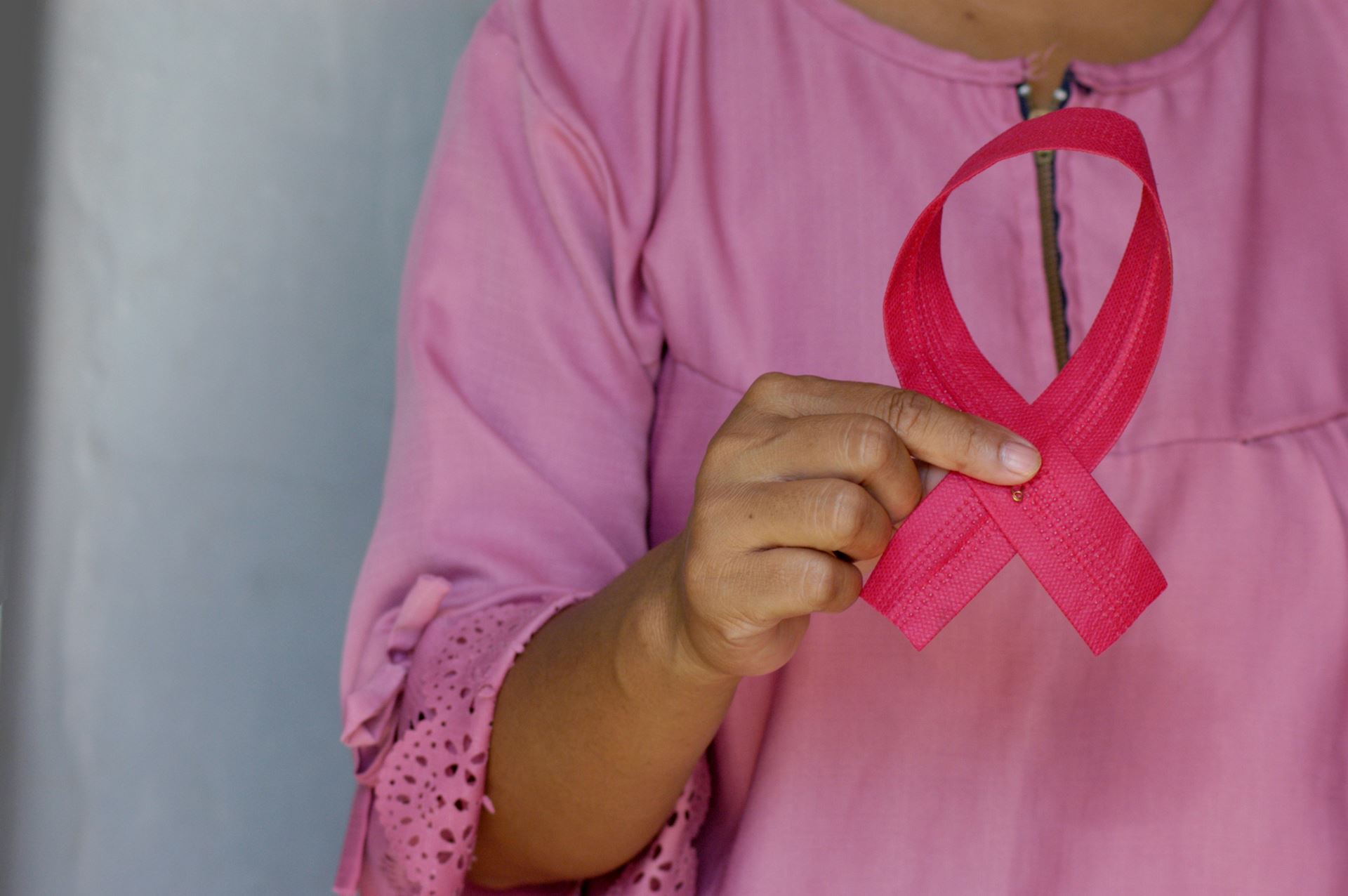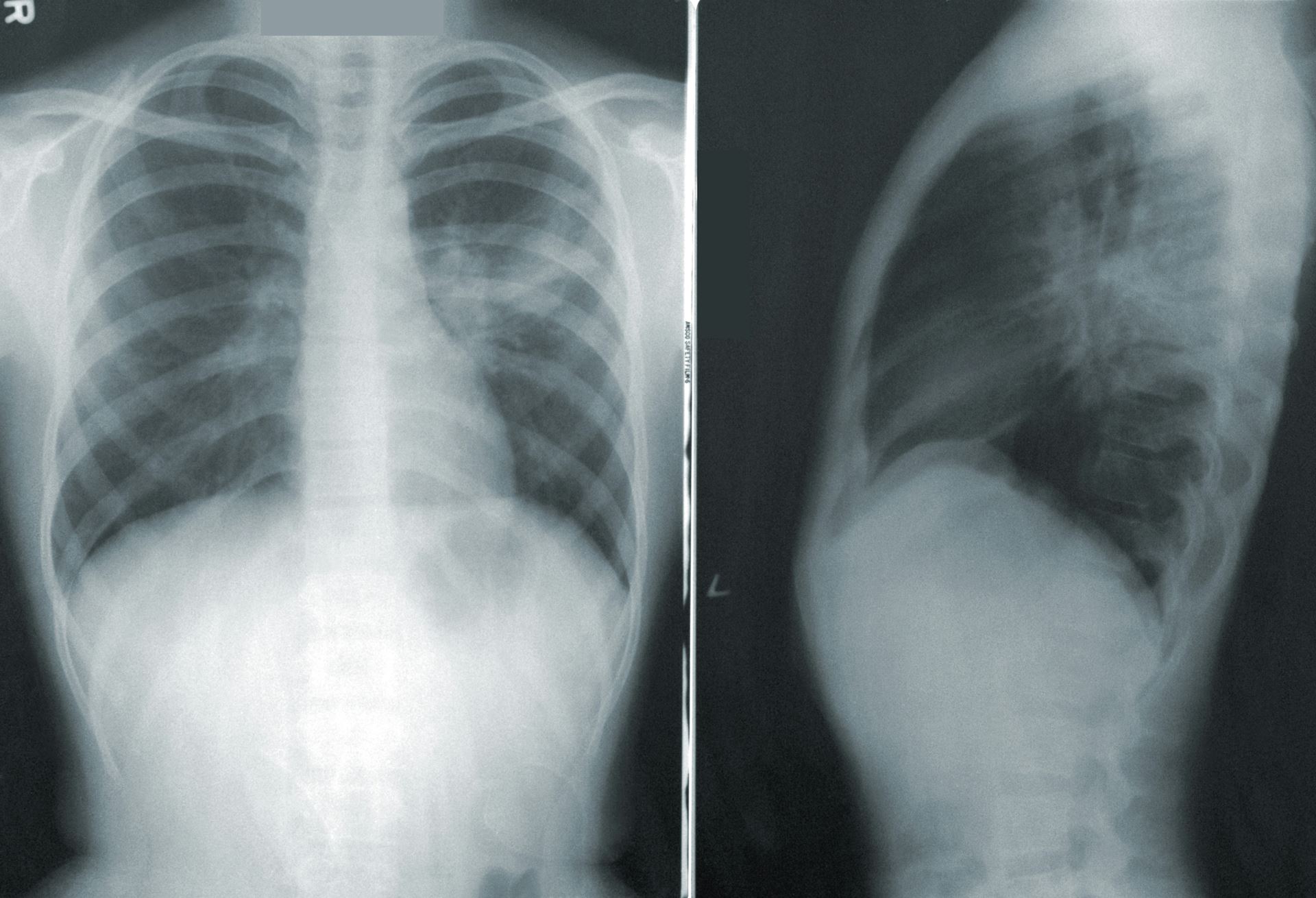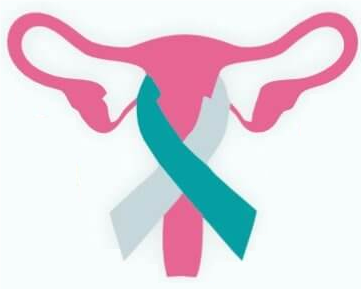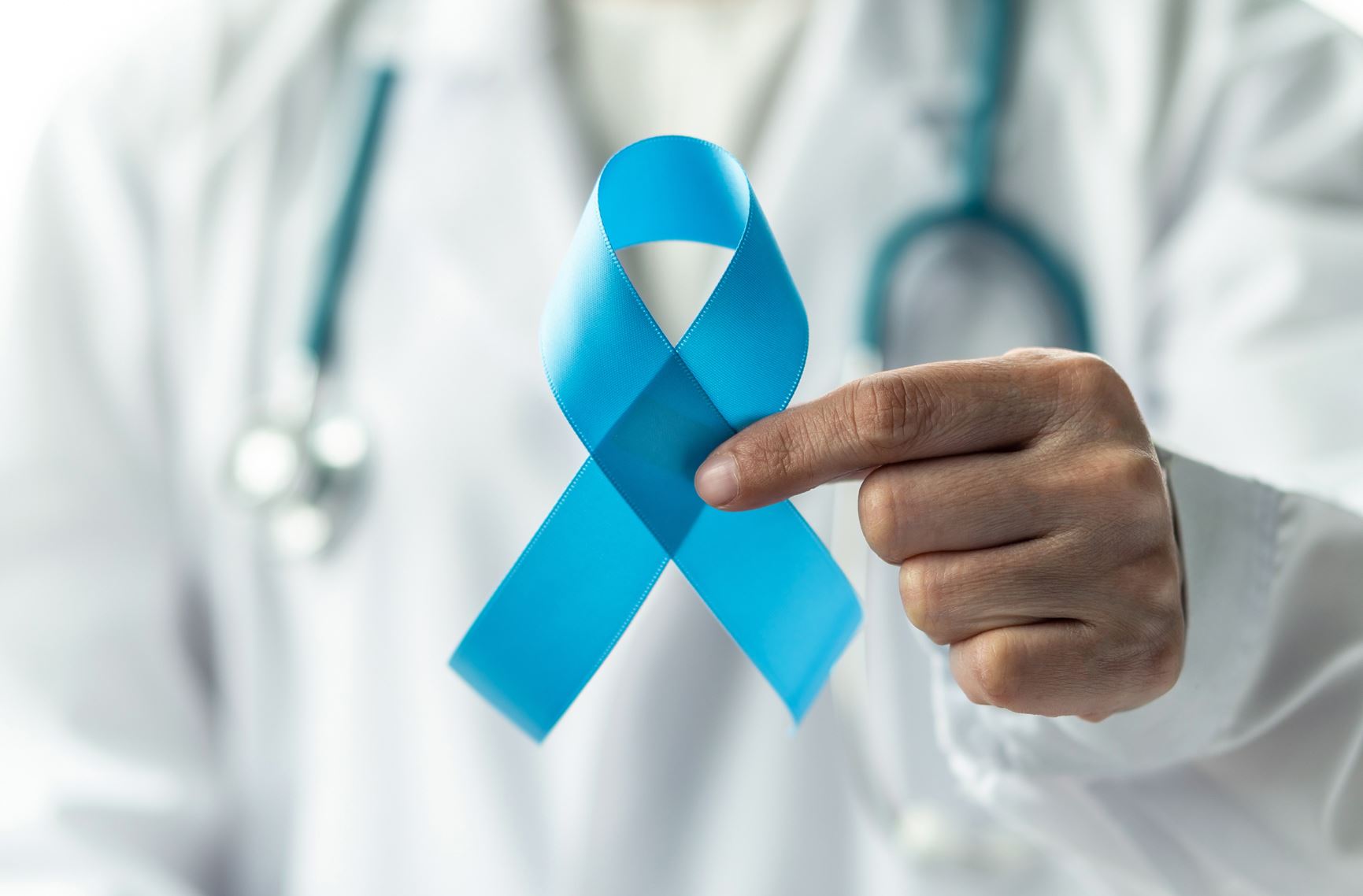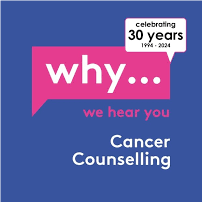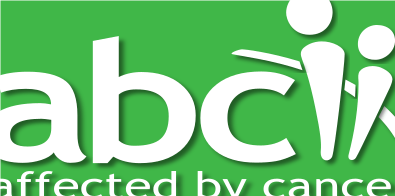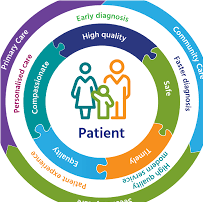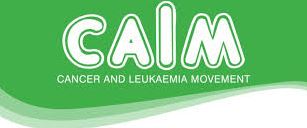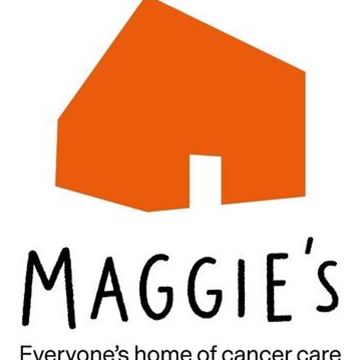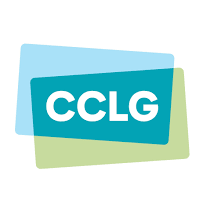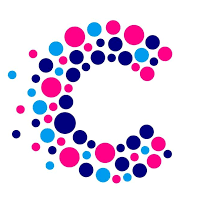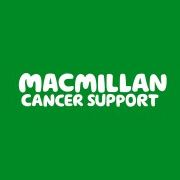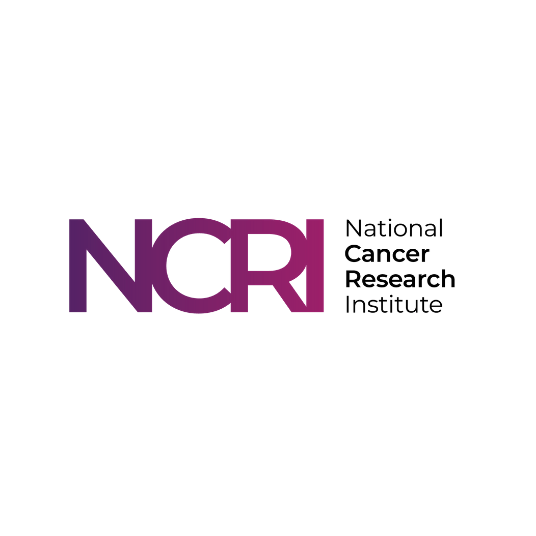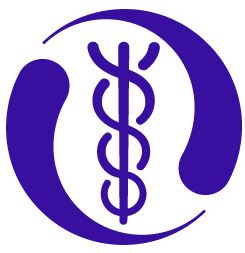In simple terms, cancer is when cells in the body grow uncontrollably and spread to other areas of the body. It can start in almost any organ or tissue in the body - there are more than 200 types of cancer and each is diagnosed and treat in a particular way.
Cancer as a whole is now the leading cause of death in the UK, having overtaken cardiovascular diseases. Cancer is the cause of 27 - 28% of all deaths in England on average.
1 in 2 people will develop some form of cancer during their lifetime. In the UK, the 4 most common types of cancer are:
- Breast cancer
- Lung cancer
- Prostate cancer
- Bowel cancer
